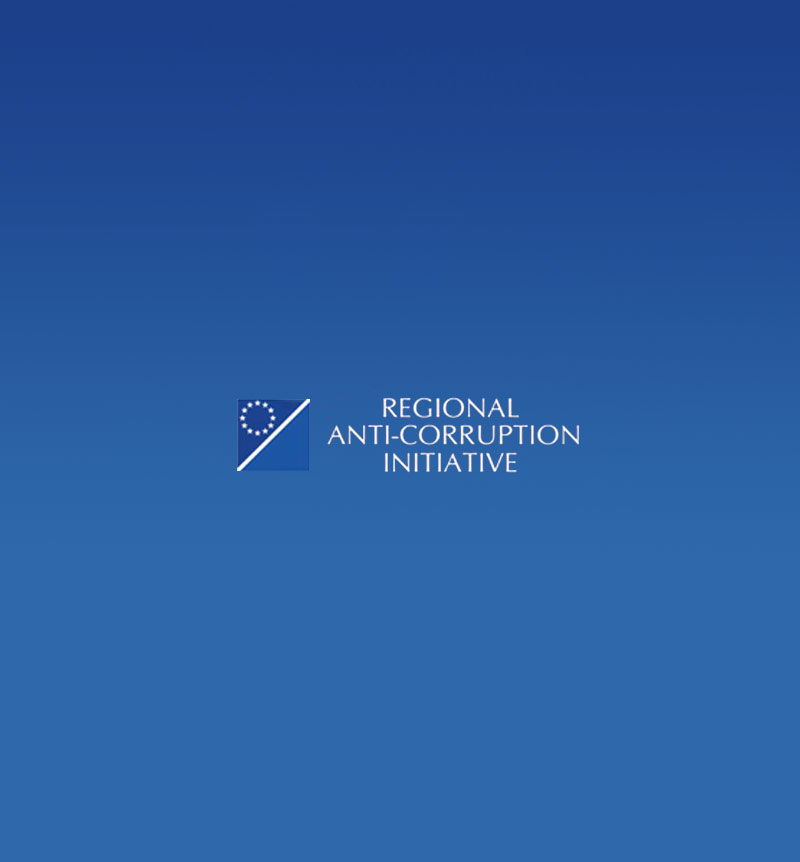- September 7, 2015
- Posted by: admin
- Categories: SEE News, World News
Widespread corruption is not confined to politics and big business; it exists in education, even in Europe’s mature democracies, touching every level of education in every European state.

Numerous high-profile allegations of plagiarism in Germany, professors at a Greek university imprisoned for embezzling 8 million euros, a study showing dormitory managers in Romania being bribed to secure student accommodation and another revealing that 40% of students in 18 of Moscow’s largest, higher-education institutions believe they need to bribe faculty members – these examples from higher education are cited in Transparency International’s latest Global Corruption Report on education
Making certain groups pay extra to access ordinary schools, only teaching compulsory subjects in fee-paying tutorials, shadow schools, ghost teachers, rigged examinations, sexual exploitation, unqualified doctors and engineers endangering lives, fake diplomas and nepotism – all these practices are undermining everything education stands for across our continent. And the list goes on.
Traditionally education has been seen as a passport to a better life and a means to create a better society. Schools and universities are rightly vaunted as places – perhaps the only ones –where young people can succeed on merit alone; where everyone is equal, irrespective of their background.
Corruption destroys these opportunities, undermining human rights, not least every child’s right to a quality education. It teaches children that such practices are normal and acceptable, thus paving the way for another generation of corrupt officials, teachers and professors, eroding public trust in our institutions and, ultimately, democracy itself. Children do what we do; not what we say. What is taught in schools is vital. Hence the Council of Europe’s long-standing commitment to the teaching of human rights and citizenship both in lessons and, implicitly, through the way schools and universities and non-formal learning environments are managed.
Because the Council of Europe is committed to promoting access to high-quality education for everyone, without discrimination, we are taking action to tackle corruption in education and to develop a Pan-European culture based on ethical principles: our new Ethics in Education Platform (ETINED) is to be launched on October 1 in Prague.
In preparation since European education ministers gave their green light to the project – back in April 2013 in Helsinki – the platform will bring together representatives from the 50 governments which have ratified the Council of Europe’s European Cultural Convention, representatives of universities and NGOs, students, experts, researchers and other professionals.
The platform will pool resources and best practices on ethics, transparency and integrity in education and disseminate this information through training, tools, guidelines and a website.
The aim is to produce guidelines on ethics for education, not just for teachers, but for everyone involved in education, specifically defining how those ethical principles can be applied to each group of people: students, pupils, parents and carers, education officials, politicians and representatives of civil society. We may even develop the guidelines to include the media.
All this is new. While much work has already been done, particularly for teachers, no-one has attempted to cover such a broad remit. Little has been done either on the ethical responsibilities of parents, pupils and students, for example.
Honesty is set to be a key value in our guidelines. For young people this means not cheating, copying, stealing or extorting money from other pupils or buying qualifications from ‘diploma mills’. For parents, this includes refusing to offer bribes. There are currently 14 values on the table. They interrelate; honesty and fairness being necessary for transparency and accountability, for instance. Our focus on ethics and changing attitudes is vital, because legal mechanisms cannot resolve the underlying problems alone. Corruption in education can only be eliminated if everyone involved adopts the highest ethical standards.
NEWEUROPE
7 September 2015



